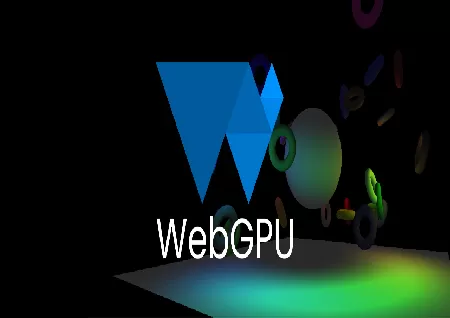Google Chrome now supports next-generation gaming with WebGPU technology

Google has revealed that WebGPU, a powerful API that provides online apps more access to a computer's graphics hardware, will be enabled as the default setting in Chrome 113. This update, which is planned to be released in three weeks, will enable WebGPU to be used on devices running Windows with Direct3D 12 support, as well as macOS and ChromeOS systems that support Vulkan.
In a recent blog post, it was disclosed that WebGPU allows developers to produce complex visuals without writing lengthy code. Furthermore, the API improves machine learning model inferences by "more than three times," which is especially interesting considering the current popularity of generative AIs and big language models.
Although services such as Google's Bard and Microsoft's Bing do not use local hardware, there is great potential for novel machine learning applications that can benefit from WebGPU's higher performance.
According to Google, the planned WebGPU release this month will serve as a foundation for future updates and additions. The business has pledged to add even more complex graphics features, deeper access to shader cores, and enhancements to the development process for WebGPU-powered content. These next upgrades are likely to provide developers with even more opportunities to create immersive online applications with powerful graphics capabilities.
Since 2017, WebGPU has been in development, and the API has been updated over time to improve its capabilities. While WebGPU is going to be enabled by default in Chrome, it is not limited to the browser; Firefox and Safari are also expected to support it in the future. Google intends to expand its implementation beyond Windows, macOS, and ChromeOS to other operating systems.
Google has also recently revealed plans to speed the release of future Chrome browser versions. While the stable release timetable will stay unchanged, with no plans to release them earlier, Google hopes to "feature freeze" them at a later point in the development process. This will shorten the time between when developers stop adding new features to the build and when the general public may access them. These improvements are intended to improve Chrome's development process and ensure that users receive the most up-to-date features and upgrades as soon as possible.
Related queries to this article
- WebGPU
- API
- graphics hardware
- machine learning
- generative AIs
- big language models
- immersive online applications
- Chrome 113
Read more articles and stories on InstaSity Latest News.




